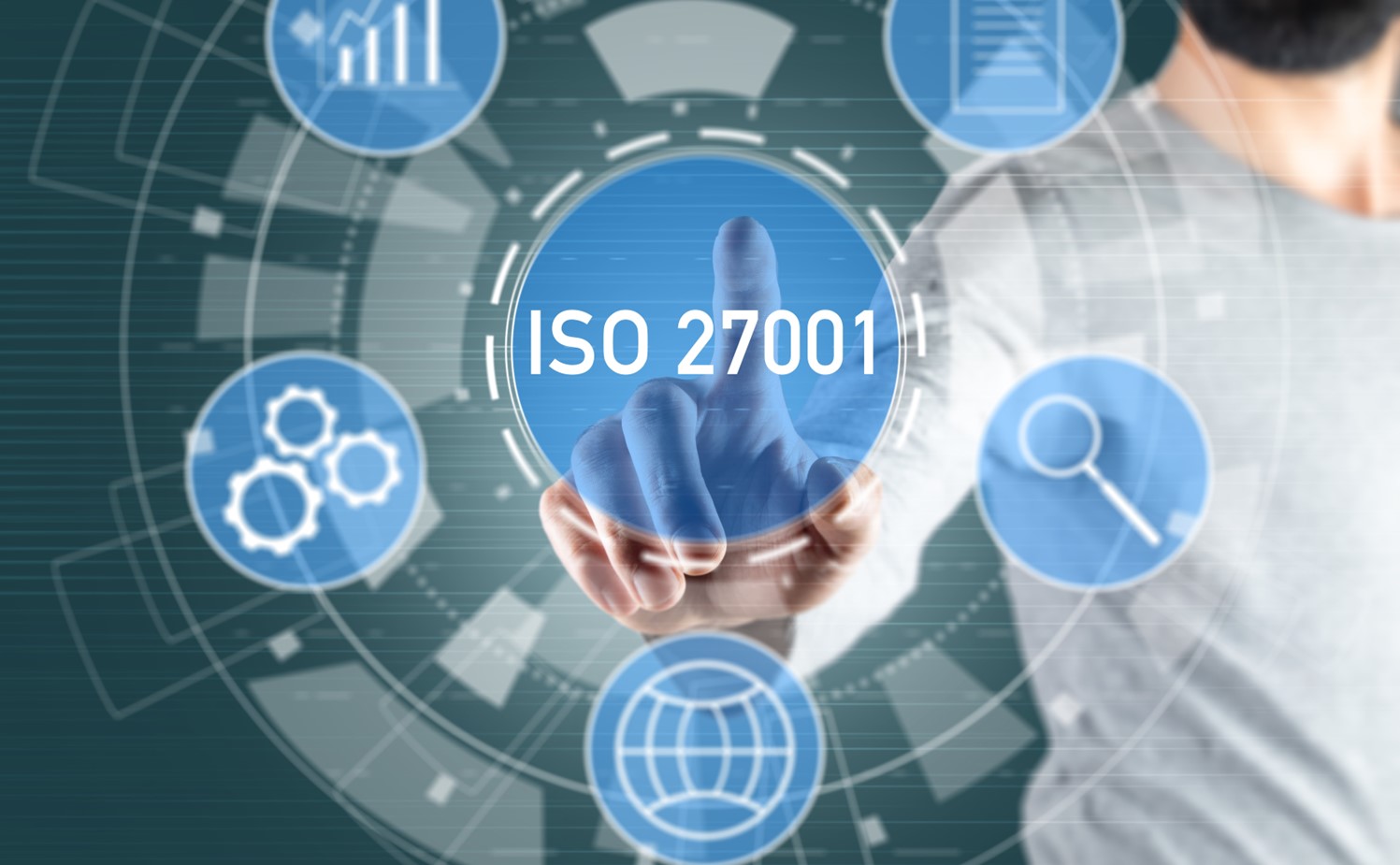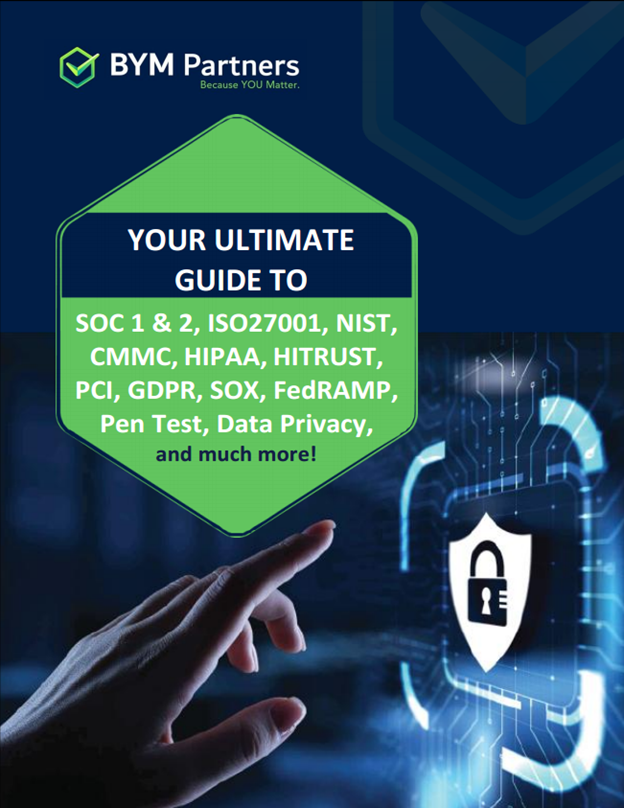In an age where data breaches and cyber threats are becoming increasingly prevalent, organizations must prioritize information security. ISO 27001 is a globally recognized standard designed to help organizations establish, implement, maintain, and continually improve their information security management systems (ISMS). But what exactly is ISO 27001? Why is it important? Who needs it? And most importantly, how can businesses achieve certification? This comprehensive guide answers all these questions and explains how BYM Partners, as expert consultants and auditors, can help your organization navigate the certification process.
What is ISO 27001?
ISO 27001 is an international standard for information security management systems (ISMS), published by the International Organization for Standardization (ISO) in collaboration with the International Electrotechnical Commission (IEC). It provides a systematic approach to managing sensitive company information, ensuring it remains secure by addressing people, processes, and technology.
The framework of ISO 27001 includes:
- Risk Assessment and Management: Identifying vulnerabilities and implementing necessary controls.
- Information Security Controls: Based on Annex A, which contains 93 controls spread across four themes.
- Continuous Improvement: Organizations must regularly monitor, review, and improve their ISMS to adapt to evolving security threats.
Why is ISO 27001 Important?
ISO 27001 is crucial for organizations that handle sensitive information, whether it’s financial data, personal customer details, or trade secrets. The key benefits of implementing ISO 27001 include:
- Enhanced Data Security: ISO 27001 helps protect against cyber threats, reducing the risk of data breaches.
- Regulatory Compliance: Many industries have legal requirements for data protection (e.g., GDPR, HIPAA). ISO 27001 ensures compliance.
- Improved Business Reputation: Certification signals to customers and partners that your organization takes security seriously.
- Competitive Advantage: Many companies require vendors to be ISO 27001 certified before doing business with them.
- Risk Management: A structured approach to identifying and mitigating security risks.
- Operational Efficiency: Streamlining security practices leads to better resource allocation and improved workflows.
Who Needs ISO 27001 Certification?
ISO 27001 is beneficial for organizations of all sizes and across various industries. The following entities, in particular, can significantly benefit from certification:
- IT and Software Companies: Protecting intellectual property and user data.
- Financial Institutions: Ensuring secure transactions and safeguarding customer information.
- Healthcare Organizations: Complying with regulations like HIPAA while protecting patient records.
- Government Agencies: Securing classified information and preventing cyberattacks.
- E-commerce Businesses: Protecting customer payment and personal details.
- Third-party Service Providers: Meeting the security requirements of their clients.
The ISO 27001 Certification Process
Getting ISO 27001 certified involves several key steps. Below is a detailed breakdown of the process:
1. Understanding ISO 27001 Requirements
Before starting the certification process, organizations must familiarize themselves with the standard’s requirements and assess how it aligns with their current security policies and procedures.
2. Conducting a Gap Analysis
A gap analysis helps identify areas where the organization’s existing security measures fall short of ISO 27001 requirements. This is a critical step to determine the necessary improvements.
3. Establishing an ISMS
Developing an information security management system (ISMS) involves:
- Defining the scope of the ISMS
- Establishing an information security policy
- Assigning roles and responsibilities
- Implementing security controls as per Annex A
4. Conducting a Risk Assessment
Organizations must assess potential security threats, evaluate their impact, and implement necessary controls to mitigate risks. This step follows the ISO 27005 risk management framework.
5. Implementing Security Controls
Based on the risk assessment, organizations must establish security measures that align with ISO 27001 standards. These could include:
- Access controls and authentication measures
- Encryption techniques
- Data backup and disaster recovery plans
- Employee awareness training
6. Internal Audit and Management Review
Before applying for certification, organizations must conduct an internal audit to evaluate compliance with ISO 27001. Additionally, management should review the ISMS to ensure its effectiveness and readiness for the formal audit.
7. Certification Audit (Stage 1 & Stage 2)
The certification audit is conducted in two stages:
- Stage 1 (Documentation Review): Auditors review the ISMS documentation, policies, and procedures.
- Stage 2 (Implementation Review): Auditors assess whether the ISMS is effectively implemented and meets ISO 27001 requirements.
8. Certification and Ongoing Compliance
Upon passing the certification audit, the organization receives ISO 27001 certification. However, maintaining compliance requires regular surveillance audits and continuous improvement efforts.
ISO 27001 vs. SOC 2: Which One Do You Need?
While ISO 27001 is an internationally recognized standard for information security management, SOC 2 is a compliance framework primarily used in North America. Both certifications focus on data security, but they have distinct approaches:
- ISO 27001: A globally recognized certification focusing on establishing and maintaining an Information Security Management System (ISMS).
- SOC 2: A framework developed by the AICPA (American Institute of Certified Public Accountants) that focuses on security, availability, processing integrity, confidentiality, and privacy.
Benefits of a Consolidated SOC 2 Type 2 + ISO 27001 report
If your organization handles sensitive customer data, obtaining a SOC 2 Type 2 + ISO 27001 report together is a strategic move that saves time, effort, and costs compared to conducting separate audits. Instead of going through two independent assessments, combining them allows for an integrated approach where overlapping security controls are assessed once, reducing redundancy and audit fatigue. Additionally, a combined audit approach demonstrates a higher level of security maturity to stakeholders, streamlines compliance efforts, and enhances your credibility in both global and North American markets. Clients and partners will see your organization as a security-first leader, making you a more attractive business partner. Investing in a combined SOC 2 Type 2 + ISO 27001 certification not only simplifies compliance but also provides a competitive edge in industries where data security is paramount.
How BYM Partners Can Help
BYM Partners specializes in guiding organizations through the ISO 27001 certification and SOC 2 +ISO27001 process – as expert consultants and/or auditors. Our expertise in consulting and auditing ensures a seamless transition to compliance. We offer:
- Gap Analysis and Readiness Assessment: Evaluating your current security posture and identifying areas for improvement.
- ISMS Implementation Support: Assisting in the development and implementation of a robust ISMS.
- Risk Assessment and Mitigation Strategies: Helping organizations identify and address security vulnerabilities.
- Internal Audits: Conducting pre-certification audits to ensure readiness.
- Training and Awareness Programs: Educating employees on security best practices.
- Ongoing Compliance Support: Helping maintain certification through periodic audits and improvements.
Conclusion
ISO 27001 is an essential framework for organizations looking to enhance their information security management practices. Whether you’re an IT firm, a financial institution, or a healthcare provider, ISO 27001 certification provides numerous benefits, from improved security and regulatory compliance to enhanced business reputation. Achieving certification, however, requires thorough planning, implementation, and continuous improvement.
BYM Partners is here to assist you at every stage of the process, ensuring a smooth and successful certification journey. Contact us today to discover how we can assist your organization in achieving ISO 27001 or SOC 2 Type 2 + ISO 27001 compliance, thereby strengthening its cybersecurity posture.
Schedule a Call with an Expert Consultant or Auditor Today!
📅 Visit us at: www.BYMpartners.com or https://bympartners.com/contact-us/
📧 Email us at: info@BYMpartners.com


